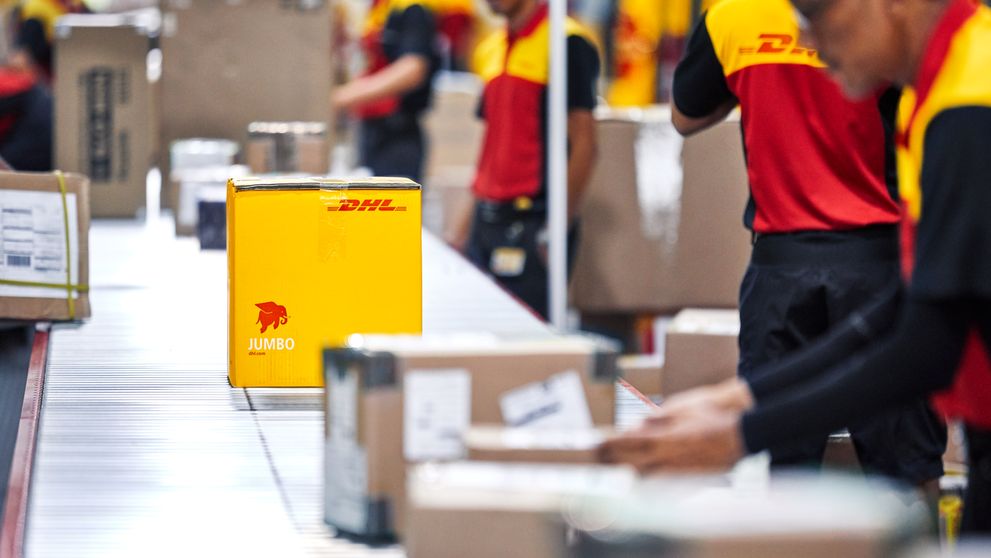A crucial element for any business to be successful is ensuring that its shipments get delivered to the customers on time and in perfect condition. According to a 2020 MHI Annual Industry Report, 48% of customers demand their orders to be arrived on time and shipped correctly.
However, there is always a risk of the goods getting lost, stolen, or damaged during transit. The 2020 Cargo Theft report by supply chain intelligence firm BSI found that 71% of such incidents are related to theft of cargo in transit, a high percentage that warrants concern. It’s impossible to prevent such situations from happening entirely. However, shipping insurance can minimize the impact in these situations by providing coverage of the damaged goods. So what is shipping insurance? What are the pros and cons of including shipping insurance for each consignment? Read on to learn more.
Risks of not having shipping insurance
Without having their cargo insured, businesses run the risk of incurring extra charges for replacements and/or refunds should the shipments be misplaced, damaged, or stolen. However, the most damaging consequence a business will suffer from is having its reputation dented when customers cite having a terrible experience due to perceived unreliability. Consumers would consider a brand trustworthy and reliable to place orders with if companies offer refunds and/or replacements of products, and this can only be viable if they have insured shipping.
What does shipping protection cover?
The majority of the shipping protection policies cover a percentage of the declared value of the product. However, you should first know the difference between the declared value and shipping insurance before deciding how much shipping insurance coverage you would need. Suppose the shipment gets misplaced, damaged, or stolen; in such an instance, the courier service provider will honour the liability costs in full. If you wish to have complete coverage, you will have to buy insurance above the declared value of your goods.
Things to look out for when purchasing shipment protection insurance
Should you decide to purchase shipment protection insurance from a carrier, look out for the following:
1. Study the carrier’s terms and conditions
With regards to protection insurance, each carrier will have its own set of terms and conditions. They might not offer coverage for specific products such as precious stones and coins, or ship goods to certain destinations. For DHL Express, although we do not provide protection insurance cover for some items, we do have policy coverage for shipments to various destinations worldwide; high-risk areas included.
2. Check the carrier’s packaging requirements
Always check the packaging requirements of the various carriers, as some of them might refuse to honour claims for products that were poorly packed by the client. Hence, it is essential to ensure that the packaging protects your items from any harm that may occur during the shipment process.
3. Find out about the carrier’s cut-off time for filing claims
Always check the carrier’s cut-off time to file a claim for stolen, misplaced, or damaged goods. Once that certain time frame to file a claim has passed, the carrier will not approve and honour your claim. These are the various steps to follow when filing claims. First, you would need to inspect the products. The next thing to do would be to inform the carrier about the intent to submit a claim. Following which, you would be required to prepare the relevant documents such as delivery receipts, proof of notification, damages to packaging and items for submission.
DHL Express’s shipment protection insurance and extended liability
DHL Express can help you secure your shipments through two types of shipping protection insurance:
Shipment Insurance
This shipment insurance service protects valuable or personal shipments if they get misplaced, stolen, or damaged. This type of declared value insurance whereby PH₱658 or 2% of the insured value will be charged as the cost (whichever is higher).
Extended Liability
Extended liability protection is applicable for the transportation of valuable documents such as passports, visa applications, certificates, and other similar documents. In the unlikely event of loss, damage, or theft of these documents, a fixed amount of PH₱240 will be paid out by DHL Express.
The shipping of goods is a complex process, and thus, it is essential to engage a reliable logistics partner such as DHL Express to ensure a smooth delivery of your goods or documents. Open a business account today at DHL Express and explore the various shipment protection services.























